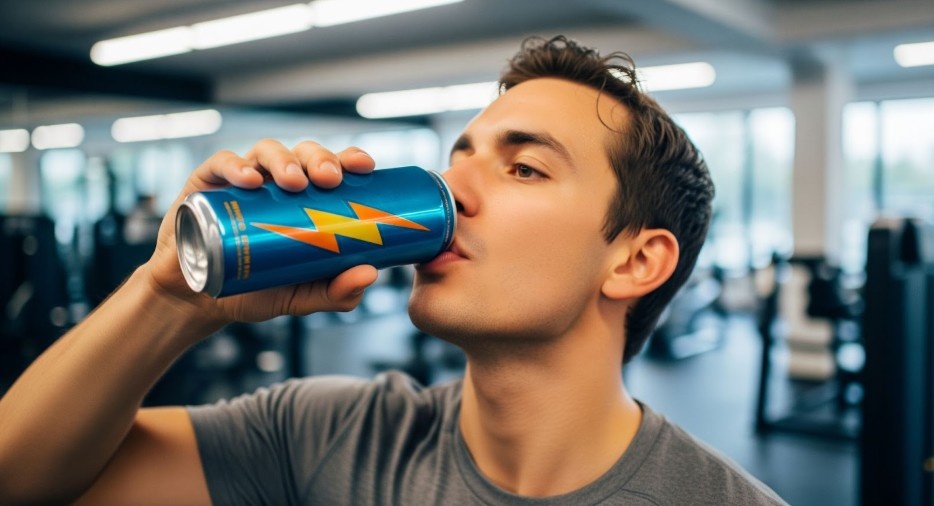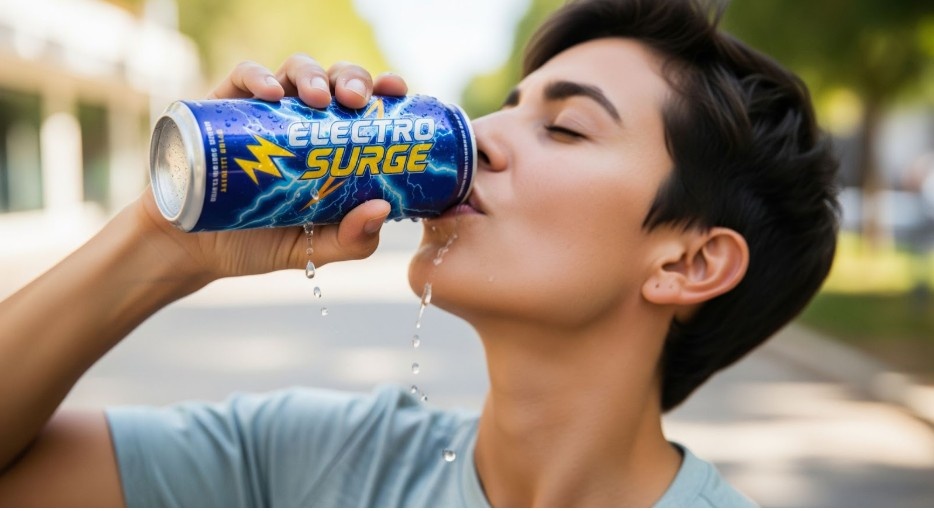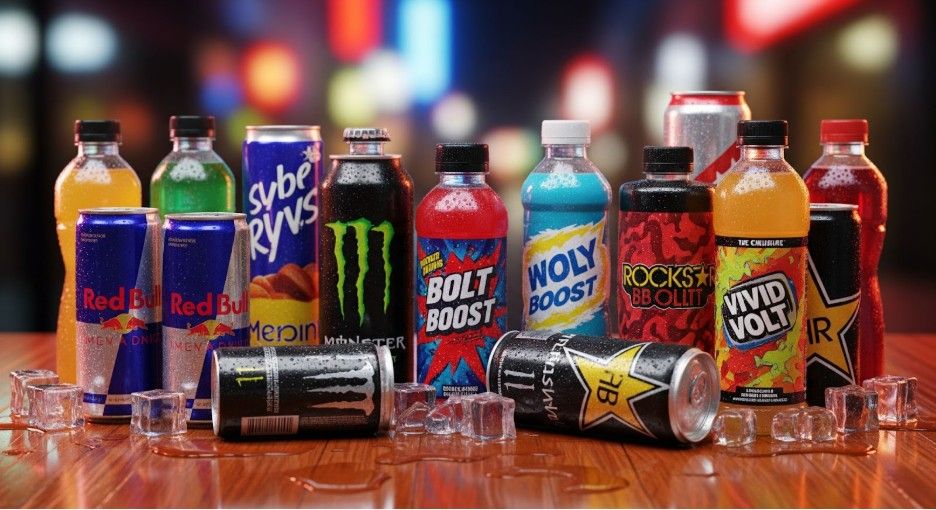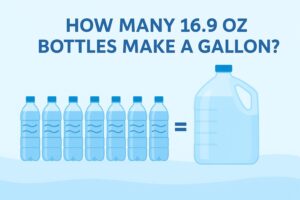
If you’ve ever chugged an energy drink before work, a workout, or a late-night study session, you’ve probably wondered: how long do energy drinks last before the effects wear off? The answer depends on factors like your caffeine tolerance, body weight, metabolism, and the specific drink you choose.
Energy drinks are marketed as quick pick-me-ups, but their stimulating effects don’t last forever—and knowing the timeline can help you use them safely and effectively.
How Do Energy Drinks Work in Your Body?
Energy drinks typically rely on caffeine, sugar, and other stimulants like taurine and B-vitamins to give you a mental and physical boost.
Once consumed, caffeine enters your bloodstream within about 15 minutes, stimulating your central nervous system. This leads to increased alertness, better reaction time, and sometimes a noticeable mood lift. However, your body processes caffeine differently based on your individual metabolism.

How Long Do Energy Drinks Last on Average?
For most healthy adults, the stimulating effects of an energy drink last 4 to 6 hours. The main reason is caffeine’s half-life—the time it takes your body to eliminate half of the caffeine you’ve consumed—which is usually around 5 to 6 hours.
However, the “peak” effects, such as increased focus and energy, are felt for a shorter period—typically 30 minutes to 2 hours after consumption.
Sugar content also plays a role. Drinks high in sugar may cause a quick energy spike followed by a crash, while sugar-free options tend to provide a more gradual decline.
Factors That Influence How Long Energy Drinks Last
Not everyone experiences the same duration of energy from these drinks. A few key factors can make a big difference:

1. Caffeine Content
Energy drinks can range from 50 mg to over 300 mg of caffeine per can. The more caffeine, the longer the stimulant effects may linger—though higher doses can also increase the risk of jitters, anxiety, or sleep disruption.
2. Your Body Weight and Metabolism
Lighter individuals or those with slower metabolisms may feel the effects longer than heavier individuals or those who process caffeine quickly.
3. Tolerance to Caffeine
If you drink coffee or tea daily, your body may adapt to caffeine, shortening the noticeable effects of an energy drink.
4. Other Ingredients
Taurine, guarana, and B-vitamins can enhance and sometimes extend the energizing effects, though caffeine remains the dominant factor.
When Is the Best Time to Drink an Energy Drink?
The ideal time depends on your needs:
- Before a workout: Drink it 30–45 minutes before to allow the caffeine to kick in.
- During work or study sessions: Avoid consuming too late in the day to prevent sleep issues.
- For late-night driving or shifts: Time it so the peak effects align with when you need the most alertness.
How Long Do Energy Drinks Stay in Your System?
While you might feel the energy for only 4–6 hours, caffeine can stay in your body for up to 12 hours. This is why drinking one in the evening can make it harder to fall asleep—even if you feel “normal” by bedtime.
Pregnant women, people with heart conditions, and those sensitive to caffeine may metabolize it even more slowly, meaning the effects can last longer.
Are There Risks to Drinking Energy Drinks Too Often?
Yes. While occasional consumption is generally safe for most adults, regular high intake can cause:
- Sleep disturbances
- Increased heart rate and blood pressure
- Anxiety and jitteriness
- Dependence on caffeine for daily functioning
Experts generally recommend limiting caffeine intake to 400 mg per day for healthy adults.
FAQs About Energy Drink Duration
1. Do sugar-free energy drinks last as long as regular ones?
Yes, in terms of caffeine effects, sugar-free drinks last just as long as regular ones. The difference is in the “crash”—sugar-free options may lead to a smoother decline in energy without the sharp drop caused by sugar.
2. Can I make an energy drink last longer?
You can extend the effects by pairing the drink with a balanced snack containing protein and healthy fats. This can help maintain steady energy levels and reduce the post-drink crash.
3. Will drinking more than one energy drink make it last longer?
Not exactly. While you’ll be consuming more caffeine, it can also increase side effects and may not proportionally extend the duration of energy. It’s safer to space them out rather than double up.
4. Why do energy drinks keep me awake longer than coffee?
Some energy drinks have higher caffeine levels than coffee and may include other stimulants like guarana, which contains additional caffeine. This combination can make the effects feel stronger and longer-lasting.
Final Thoughts: Making the Most of Your Energy Drink
So, how long do energy drinks last? For most people, expect noticeable effects for 4 to 6 hours, with caffeine lingering in your system for much longer.
To use them effectively, consider your caffeine tolerance, timing, and overall health. Avoid drinking them too late in the day, and don’t rely on them as your main energy source. With smart use, energy drinks can be a helpful occasional boost—just make sure they don’t disrupt your sleep or long-term health.


